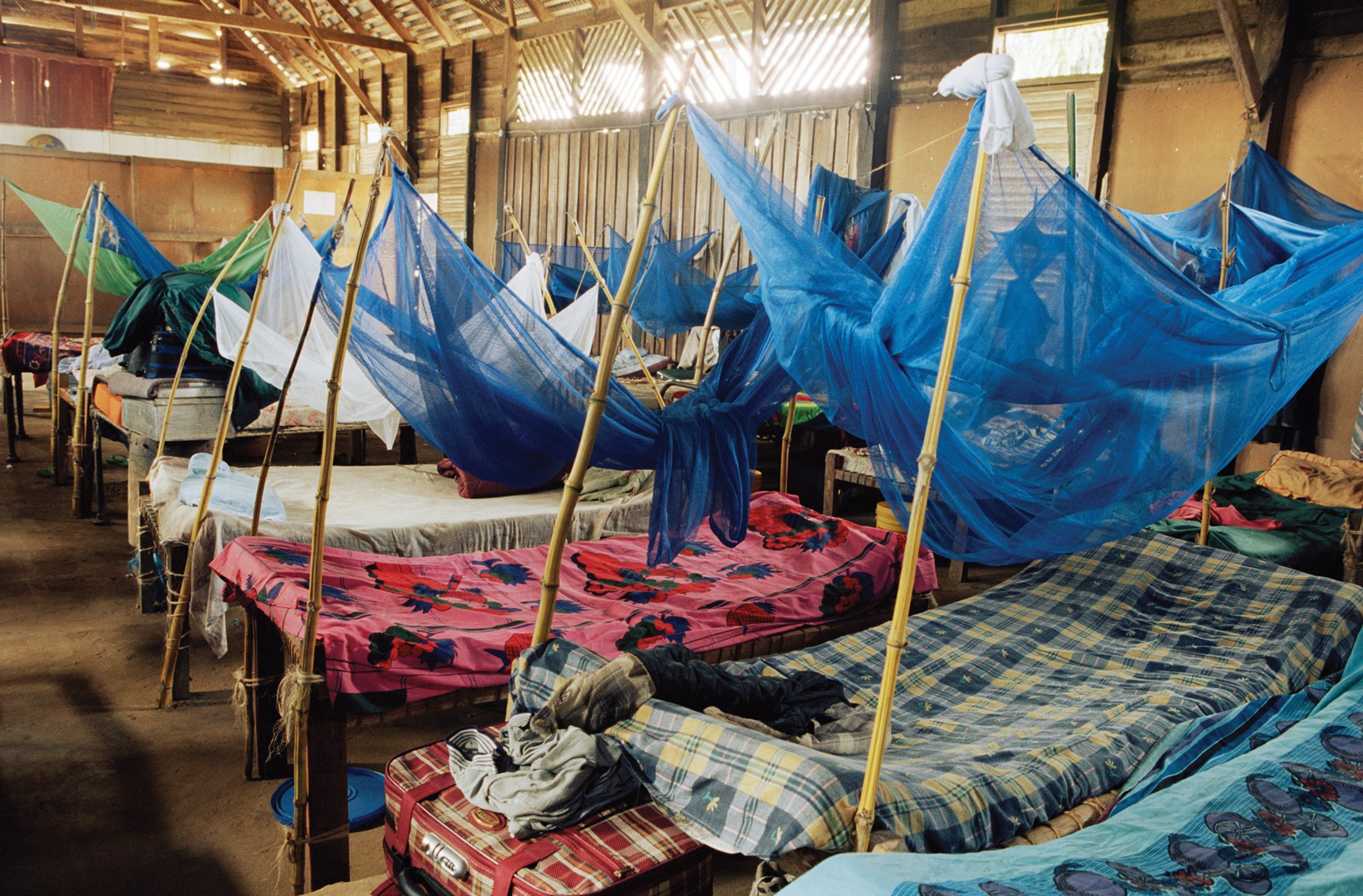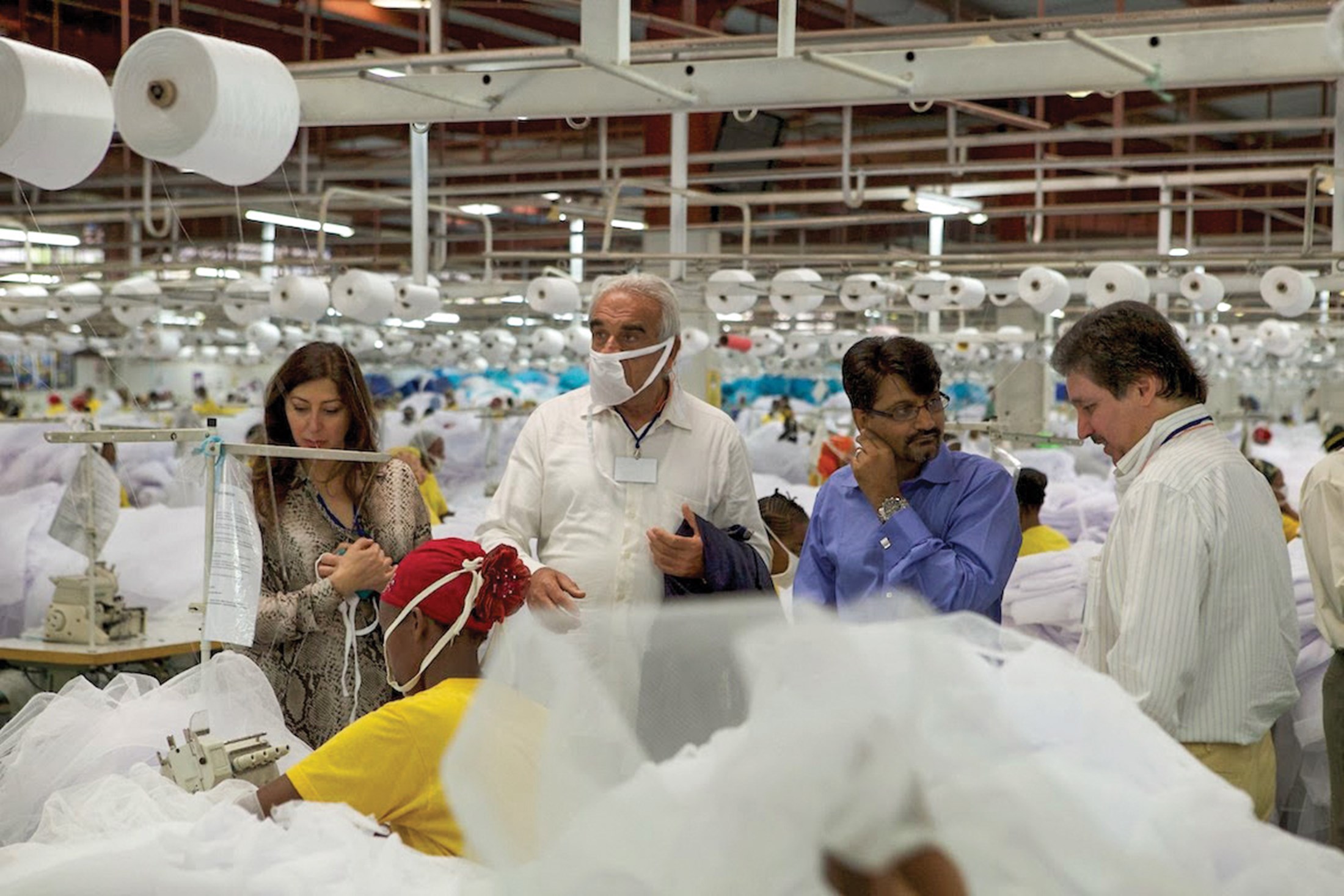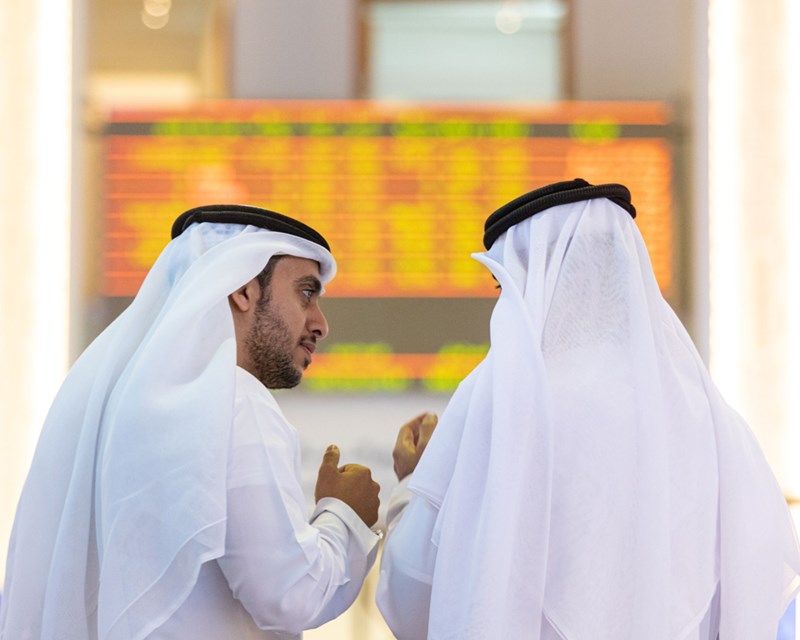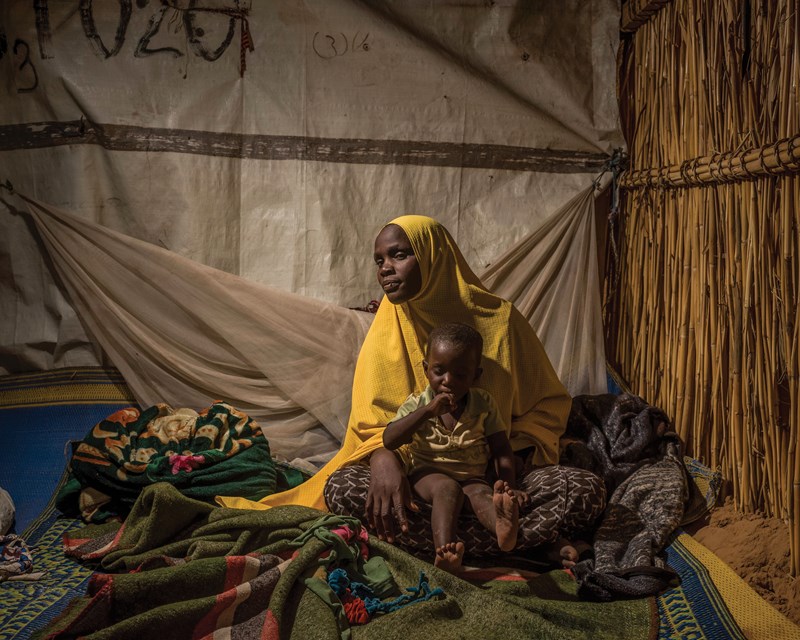It came down to this: we didn’t want to reinvent the wheel,” says Khaled Juffali, a Saudi philanthropist and CEO of EA Juffali & Brothers Co, the conglomerate owned by his family. “I’ve always felt that collaboration with the right people gives you a better result than going it alone. And in this case, I really think it has.”
Juffali is outlining the thinking behind Shefa Fund, the Saudi Arabia-based giving circle he cofounded in 2013 with his wife, Olfat, backed by a cohort of close friends. Working hand-in-glove with the Bill & Melinda Gates Foundation, its goal is to channel money so it has the greatest long-term impact on pressing global health issues. “Giving is easy,” explains Olfat Juffali, “but giving well is an art.”
In four short years, Shefa has parlayed its members’ financial clout – and the Gates Foundation’s expertise – into more than $9m worth of grants, helping fund the fight against diseases ranging from polio, to malaria and meningitis A.
Having exhausted its first tranche of funding, a second round of fundraising is planned for this year, with a target goal of $20m. “There are many people our age who want to give, but don’t know how or where to direct their money,” says Olfat. “They like the Shefa story, and they like what we’re doing – they’re keen to support it. Like us, they want to learn how best to give.”
Giving circles are not a new trend. Born in the US, they exist around the world, ranging in size from informal supper clubs to large-scale nonprofits with annual fees and minimum donation requirements. Givers chip in with money, swap ideas, strategies and successes, and determine together which nonprofits to support. But in the GCC, where philanthropy is still dominated by individual, often opaque, foundations, Shefa Fund represents a bold streak of innovation.
The fund grew out of an off-the-cuff remark to Olfat, who was mulling the launch of her own charity, focusing on health and education. An advisor suggested she could instead fold her funding into the Gates Foundation, the world’s largest philanthropy, to deploy through its hive of programmes and partners.
It was an idea that led to a lunch with Bill Gates in Saudi Arabia – hosted by the Juffalis and attended by a handful of their friends – and one that ended with a clutch of pledges and a newly inked blueprint for giving. “We made the decision that day to put our hands with the Gates Foundation and go with them on this journey,” says Olfat. “We were impressed.”








